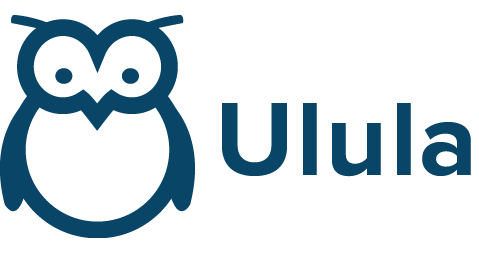Cornelius Graubner and Antoine Heuty
This week’s Open Government Partnership Summit, hosted by the government of the UK in London, is the highlight of the Global Transparency Week 2013 and an important marker for the state of the transparency and accountability (T/A) movement. The Open Government Partnership has made impressive strides since its launch in 2011, growing from eight to 60 participating countries. However, on the ground the impacts of the T/A movement have yet to leave a mark on the lives of many ordinary citizens. Translating transparency into accountability remains elusive despite universal acknowledgment that unaccountability has a price.
One reason may be that most T/A efforts seek to facilitate the relationship between citizens and governments, while attempts to integrate businesses into movement have been few and far between. Yet, it is in the triangular relationship between communities, governments and businesses that the costs of unaccountability become visible. This holds especially true for extractive industries and other businesses whose operations have the potential to alter environments, economies and communities. Conflicts that arise from such transformations can be severe. On the business side, costs associated with security, project modification, risk management, material damage, lost productivity, capital degradation, human resource expenditures, reputation damages, and redress can be crippling for companies if conflicts imperil their capacity or social license to operate.
In Zambia, for example, the struggle between First Quantum Minerals and local communities is spinning out of control while the government stands largely aside. The dollar values attached to conflicts like these are enormous. In Mexico, 69 mining projects have been suspended due to increased local opposition and plunging international commodity markets, putting an estimated $8 billion investment in the country’s fourth largest industry at risk. In Kyrgyzstan, the politicization of the Kumtor gold mine over charges of corruption and environmental damage has sent shares of Canadian operator Centerra Gold into freefall. Analysts put the average cost of a mine shutdown due to social unrest or environmental events at $2-3 million a day, but that may be on the low side.
Whether a conflict over large-footprint industries manifests as finger pointing between governments and businesses, riots and blockades, expropriations, outright violence, or other problems, the roots of these conflicts can often be traced to asymmetries of power and information, and failures to sustainably engage key stakeholders.
While traditional T/A approaches seek to address these imbalances between citizens and governments, extending the model to businesses is overlooked and overdue. However, to spur collaborative innovation action and move to a win-win-win situation between businesses, communities and governments all three groups need to overcome habitual distrust, and they need to co-develop reliable systems to arrive at problem-driven approaches. In this tripartite environment, groups have to work together to co-create shared value, manage risks and foster economic resilience.
The Extractive Industries Transparency Initiative (EITI) has established a standard for natural resource transparency implemented in over 40 countries and managed through a multi-stakeholder process. The EITI recently expanded its scope; yet turning that data into meaningful information and tangible change for resource rich communities will be very arduous.
A Trialogue for Open Governance Partnerships
Source: Ulula
It is here that the use of technology is promising. Mobile tech in particular is important in countries in which large-footprint industries operate. Global mobile phone penetration continues to rise and text messaging solutions have been have been proven to be quick, accurate, and cheap in pilot projects in Africa. These innovations open up a new range of possibilities for connecting communities, governments and businesses, but they require evolution in traditional T/A thinking. One shift would be to move from an open government approach built around citizens and governments to a concept of open governance partnerships that includes communities, governments and businesses.
Another adaptation would be for more people to see technology as a means to an end, not a solution in itself. Tools and approaches that contextualize data to make it useful instead of simply producing information will play an important role. At the end of the day, open data needs to be relevant to people’s needs in order to trigger change.
Now in its third year, the Open Government Partnership has begun to explore both these issues, but the field needs further discussion, strengthening and – most important – pilot projects that provide learning opportunities. Of all the challenges ahead for the T/A movement, the question of how to engage businesses as an essential partner to governments and citizens, and the role technology can play to facilitate that trialogue remain paramount.
Antoine Heuty
Antoine Heuty is the founder of Ulula. He is an experienced development practitioner with a long track-record designing and delivering policy reforms and working for social good with business, civil society and government in over twenty countries.
Cornelius Graubner
Cornelius is a senior expert on business and strategy development. As passionate development professional with over eight years of experience he has worked with groups in the former Soviet Union, Mongolia, Pakistan and Afghanistan on issues of organizational development and effective strategy implementation.

